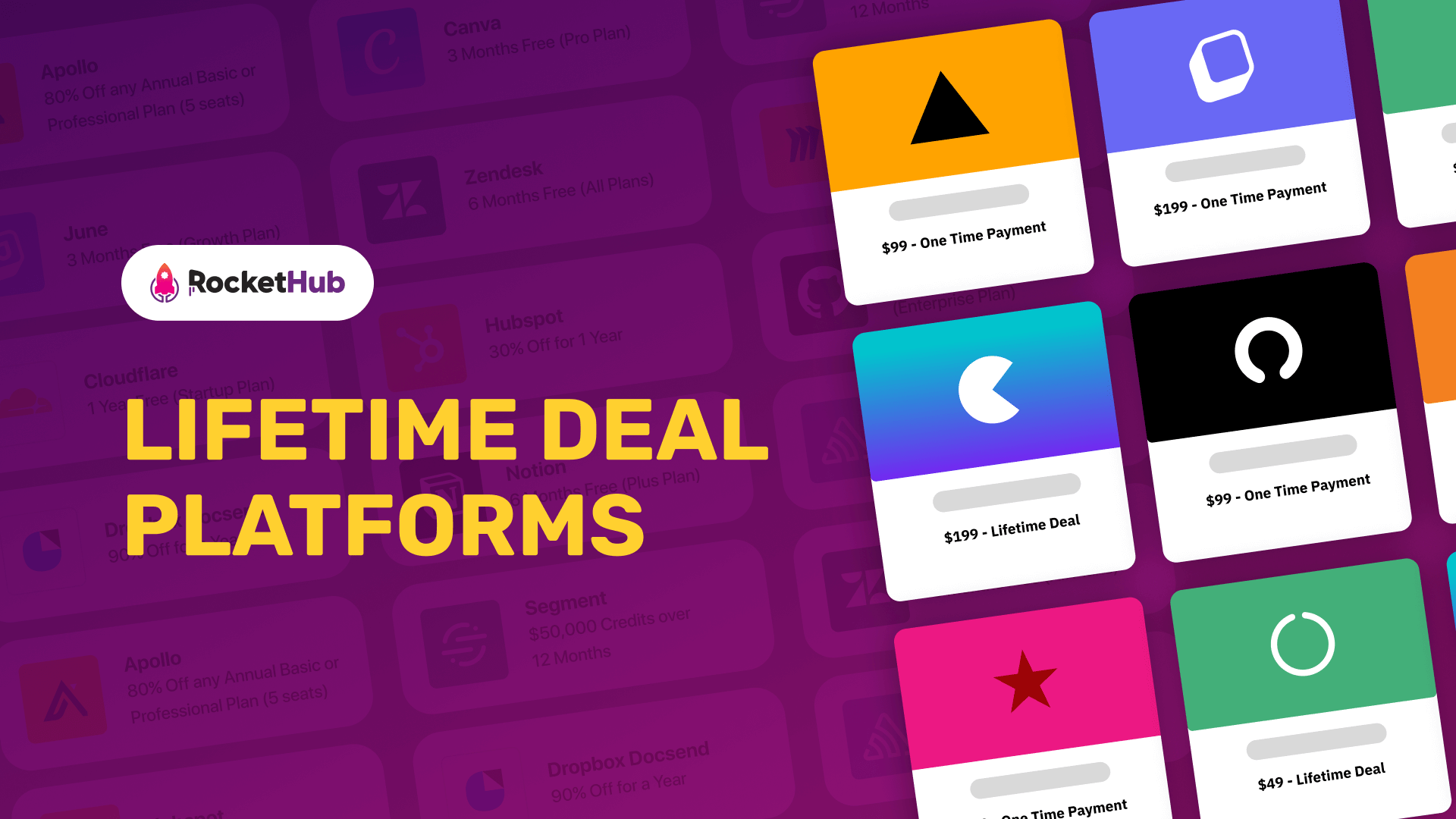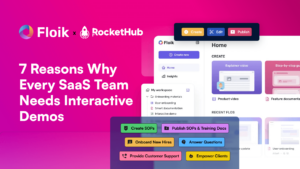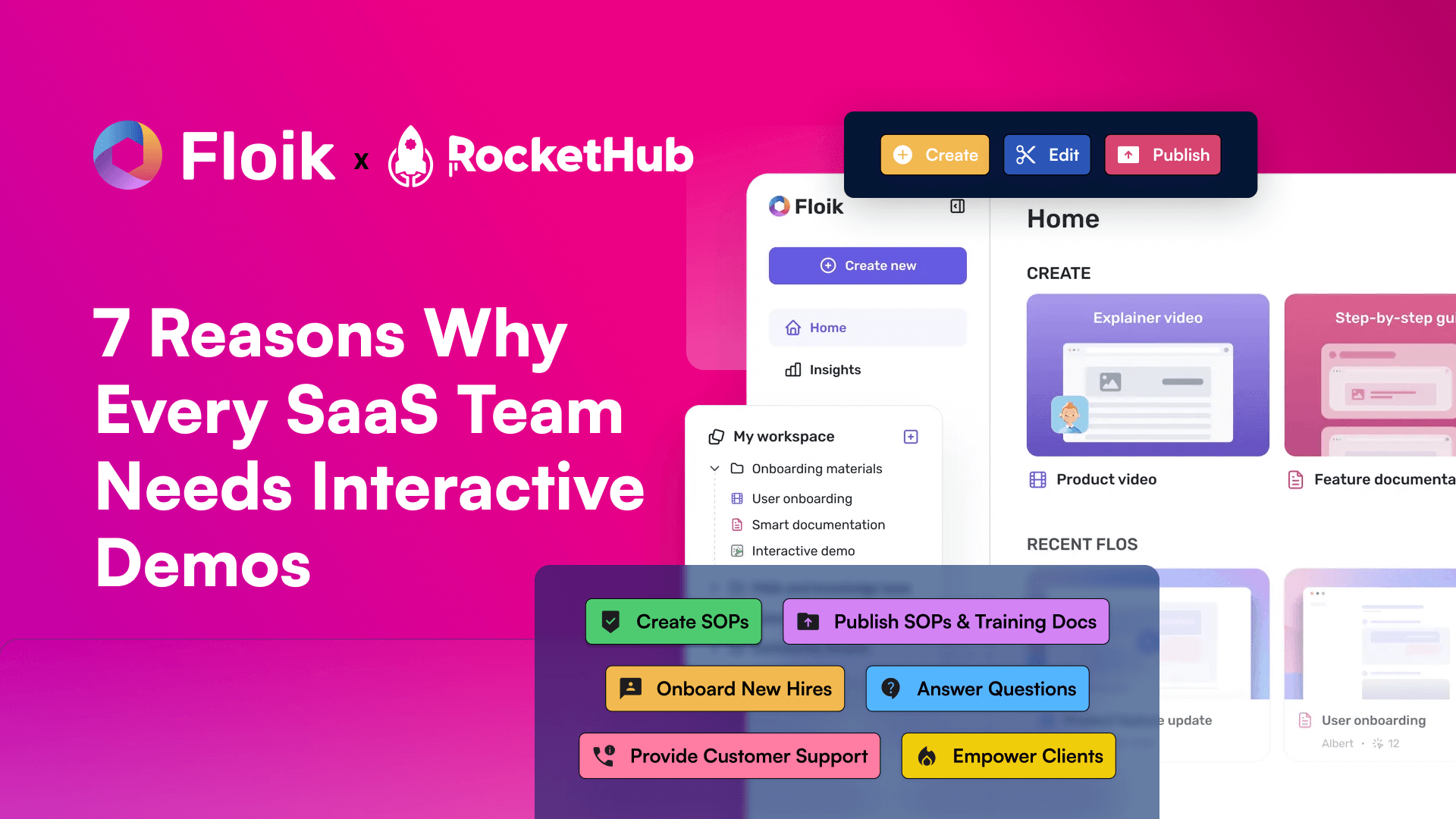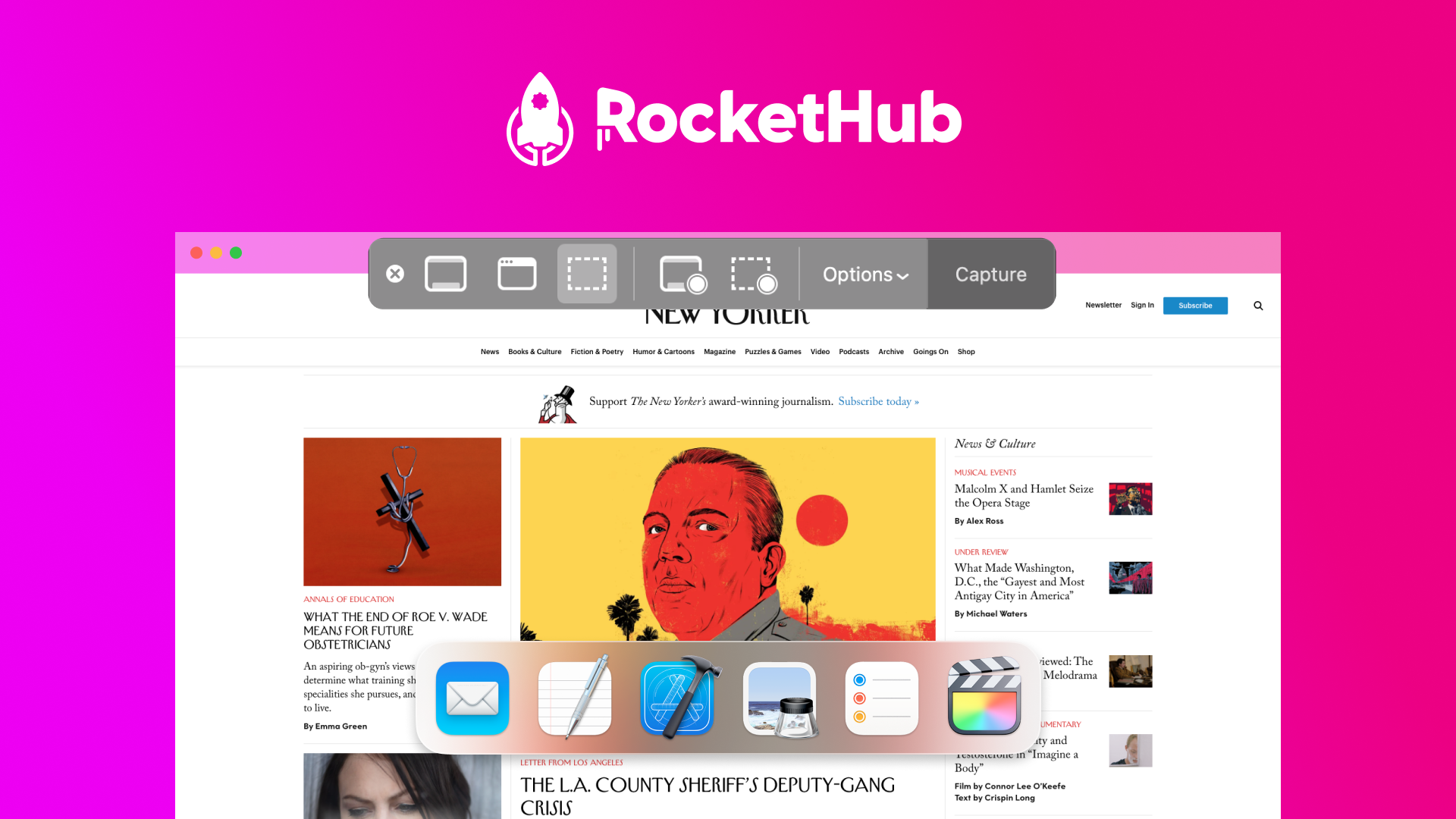
3 Helpful Strategies For Non-technical SaaS Founders
- Angel Alfred
- February 7, 2024

You may feel overwhelmed by the complexity of the technology needed to launch and scale a successful SaaS product. Without the technical skills and expertise, it can be not easy to understand where to begin and how to make sure your efforts are paying off. In this blog post, we’ll explore three strategies for non-technical SaaS founders so they can launch and grow their businesses.
3 Strategies For Non-technical SaaS Founders

Let’s move ahead and discuss the importance of staying focused on the customer and finding the right technical partners, as well as creating a flexible plan and leveraging the power of automation.
1. Understand the Basics
Although you can’t build the entire product or solution yourself, there is no excuse for not understanding the basics.
As a non-technical founder, you would at least want to make sure that you communicate with your developer and understand the development process.
At a bare minimum, we recommend that you learn to code. Complete some introductory online courses on HTML and CSS. If you want to take the extra step, learn JavaScript as well by taking a comprehensive JavaScript for beginners course. There are several cost-effective online course providers including:
2. Get Tech Advice
As a non-technical founder, first, acknowledge that you don’t know what’s best. That’s why you must talk to people who do either by hiring in-house experts or signing up for the best managed services.
Non-technical founders often fall into the trap of asking one or two people for their opinion. That’s not enough. At the very least you should speak with three or four people. Talk about what you want to build and ask how they would recommend you do it.
Start by reaching out to local coding schools. Through our network, we happened to know a co-founder of a coding school. He gave us some valuable advice on the technology stack we should utilize for Task Pigeon. He also put our team in touch with another experienced developer. This new contact sat with them for an hour and helped them review all of the developers we were considering.
Not only will this help improve your general knowledge of software development, but it will ensure you have a broad range of advice. It will also prevent you from thinking a certain technology is best because that’s all the developer personally knows.
3. Own the Relationship
There are three ways to get a product built as a non-technical developer:
- Find a co-founder
- Outsource to a development agency
- Hire a freelancer
With Task Pigeon, we looked at both outsourcing to a development agency and hiring a freelancer/contractor.
As a non-technical founder, you simply don’t know, what you don’t know. Working with a contractor gives you more control over the relationship. It also lets you add and amend the scope based on the early feedback you receive.
We’ve found that this creates an environment where the developer knows we value their opinion and expertise. This, in turn, creates a much stronger working relationship which lets you go to market more quickly.
At the end of the day, as an entrepreneur, you should not let the lack of your skills hold you back from achieving your goal. If you are truly committed to your idea, we believe you will find a way.
3 Non-tech Founders That Built Great Tech Products
Below are the three non-tech founders that were able to build great products though they didn’t belong to the tech world.
Melody McCloskey
The founder of StyleSeat, an online appointment management system for stylists and the largest marketplace in the beauty services industry is a non-tech innovator. Melody McCloskey and co-founder Dan Levine work incredibly well together, sharing a common passion for making solutions that appeal to the beauty industry. More than USD 300 million worth of appointments have been booked through StyleSeat. Melody’s company offers an impressive listing of 200K stylists in 15,000 cities. After completing a degree in French and International Relations at UC Davis, the last thing on Melody’s mind was starting a tech company.
This was about to change when she was at the receiving end of not one, but three styling disasters priced at USD 300 each. She worked in PR on the product side and made history when she quit the job to start StyleSeat. Giving women a chance to find their dream stylist at the single click of a mouse or a swipe of a smartphone proved to be a revolutionary idea.
Innovating for women in tech, Melody’s venture has provided clear proof that tech skills can only take you so far, especially while building a tech startup. At the end of the day, speed and decision-making capabilities count as much. Rather than worrying about writing code, bring excellent product management skills to the board and you’ll do well, too. From fundraising to monetizing the concept, Melody took beauty with a purpose to a whole new level.
Tim Westergren
When it comes to tech behemoths and giants, tech titans like Bill Gates and Mark Zuckerberg come to mind. But tech startups and products need not always have a leader with a technical background to succeed. Pandora Radio CEO and founder Tim Westergren is the case in point. He is a sound engineer and musician with a strong understanding of what drives a musical piece and the tech industry.
Tim donned many hats, working as a music composer, recorder, and even a nanny to make ends meet, before setting up Pandora Radio. Named one of Time’s Most Influential 100 people in 2010, Tim has led the tech startup to establish itself as a key player in the music industry.
From having USD 2 million in back wages to closing a 9 million funding deal, Tim has seen it all as far as Pandora Radio is concerned. Stepping down as CEO in 2017, Tim continues to inspire and lead the team at Pandora.
Alex Turnbull
Slow and steady wins the race, and as a non-tech guy who started a premier tech company, Alex Turnbull of Groove HQ knows this better than anyone else. He started with sketching to come up with wireframes. This led to innovation when he founded Groove, a helpdesk software company.
In his blog, Alex explains how he used graphics editing software Photoshop to create mockups of the app and bridge the gap between co-founders and himself in terms of understanding. An avid surfer and a passionate software enthusiast without any technical skills, it took courage and grit to set up the software. But Alex was a visionary in 2011, introducing live chat when no one else even thought of it.
Because of his amazing grasp of the tech industry, a lot of iterations and money were saved. A serial entrepreneur, Alex’s company earns millions per month in recurring revenue. Groove was a culmination of a lot of hard work and persistence. And from the stats coming in as Groove draws in investors and advisors like David Hauser, noted entrepreneur, speaker, and angel investor.
Conclusion
Though this blog post was short, we believe that if you’re a non-tech SaaS founder, you must’ve gotten the boost you needed. Non-technical SaaS Founders have the same potential to succeed as their technical counterparts if they have the right strategies in place. By understanding the different stages of building and launching a product, leveraging their existing networks, and developing a growth mindset, non-technical founders can set themselves up for success. Ultimately, a combination of hard work, creativity, and grit will help any SaaS Founder succeed.
Read more informative blogs by RocketHub, here.
Share This Post
Angel Alfred
Angel is a digital marketer, a mental health speaker, and above all, a writer. She loves being a part of the RocketHub team and is keen on learning and taking over new challenges every day!
Table of Contents
Get The Latest Updates
Subscribe To Our Weekly Newsletter
Sign up below to be one of the first crew members onboard and get early access to amazing deals.
Recent Posts


Social Media
Categories
Related Posts

Lifetime Deal Platforms
The best lifetime deal platforms for software. Platforms lik RocketHub scour the web for the highest quality products to bring buyers the best lifetime deals on their platform.

How to Work for Yourself + 13 Solo Business Ideas
Do you ever wonder if being your own boss could truly set you free? In this article, we’ll explore the theory that unleashing entrepreneurial freedom

7 Reasons Why Every SaaS Team Needs Interactive Demos
Making a Case for Interactive Demos: 7 Reasons Why Every SaaS Team Needs Them Let me paint a scenario for you. You want to buy


